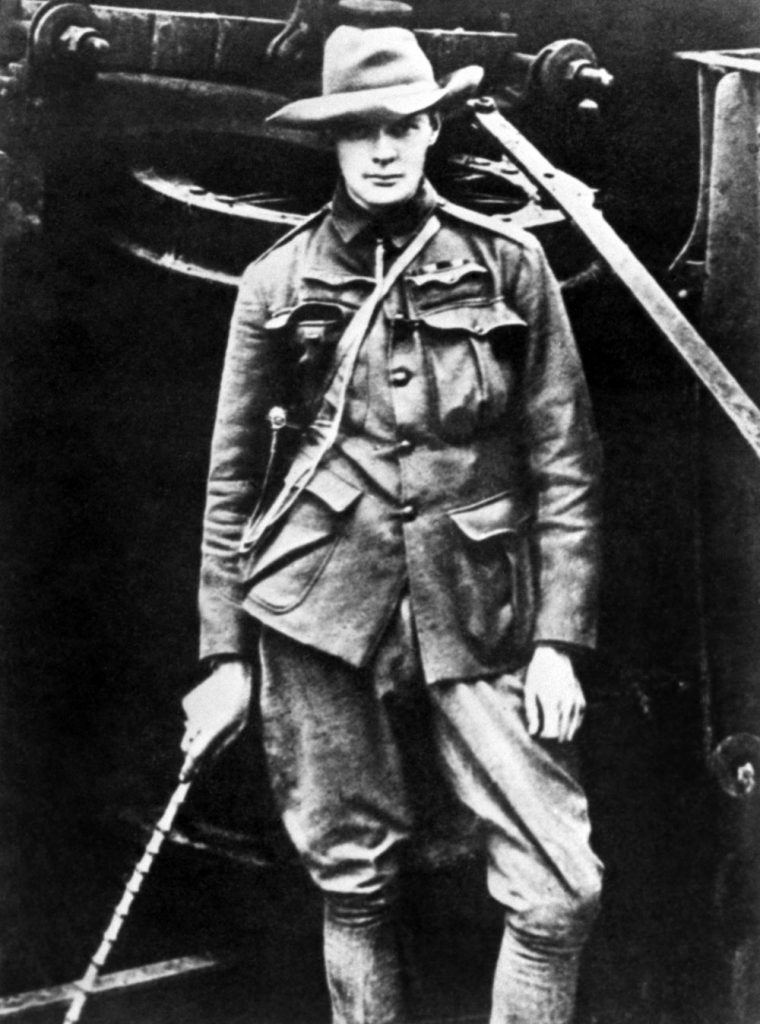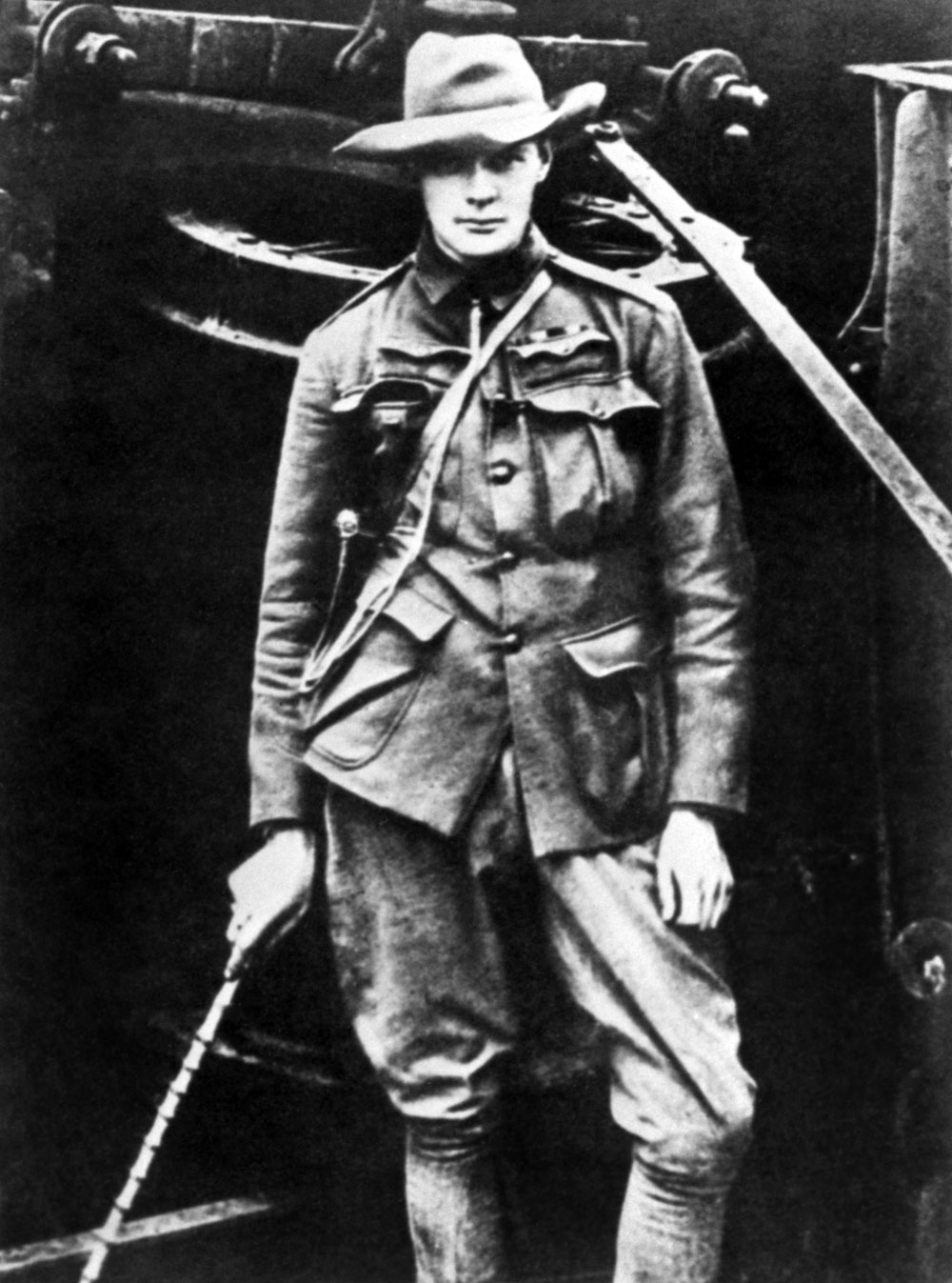
1896-1900
Summer 1899 (Age 24)

Churchill during the Boer War in 1899 while writing for the Morning Post
February 5, 2015
The First Defeat
 Churchill spent the summer of 1899 in his first parliamentary election campaign, attempting, unsuccessfully, to persuade Pamela Plowden to join him. He wrote to her describing the campaign:
Churchill spent the summer of 1899 in his first parliamentary election campaign, attempting, unsuccessfully, to persuade Pamela Plowden to join him. He wrote to her describing the campaign:
“I shall never forget the succession of great halls packed with excited people until there was not room for one single person more – speech after speech, meeting after meeting – three even four in one night – intermittent flashes of Heat & Light & enthusiasm – with cold air and the rattle of a carriage in between: a great experience. And I improve every time – I have hardly repeated myself at all. And at each meeting I am conscious of growing powers and facilities of speech, and it is in this that I shall find my consolation should the result be, as is probably, unfortunate.”
Churchill’s prediction was accurate. He and his running mate, the trade union leader Mowdsley, lost the two Tory seats to the Liberals in the July 6th election. The results were close, however, and The Manchester Courier reported that Churchill “might have been defeated but he was conscious that in this fight he had not been disgraced.” Balfour agreed, writing Churchill, “this small reversal will have no permanent ill effect upon your political fortunes.”
Churchill soon turned his attention to South Africa. In a speech to the Conservative Association at Blenheim Park in Woodstock on 17 August 1899, he said: “The trouble in the Transvaal is a very serious question, and the situation in South Africa has now reached an acute stage. It is not likely that the present condition of things can go on indefinitely without war breaking out, and I am no so sure that is such a very terrible prospect or one that we tremble at….England is a very great Power and the Boers are a miserably small people, and I ask how long is the peace of the country and the Empire going to be disturbed by a party of filibustering Boers.”

2025 International Churchill Conference
Negotiations between the British and the Boers over the Boer refusal to grant voting rights to the largely British immigrants (“Uitlanders”) who had come to South Africa during the gold rush of the late nineteen century broke down in early September. In September Churchill received an offer from The Daily Mail to serve as its war correspondent in South Africa, and used that offer as leverage to secure a more rewarding position from The Morning Post, which agreed to pay all of his expenses and £250 a month. Churchill promptly set about fortifying himself for the journey.
Subscribe
WANT MORE?
Get the Churchill Bulletin delivered to your inbox once a month.



